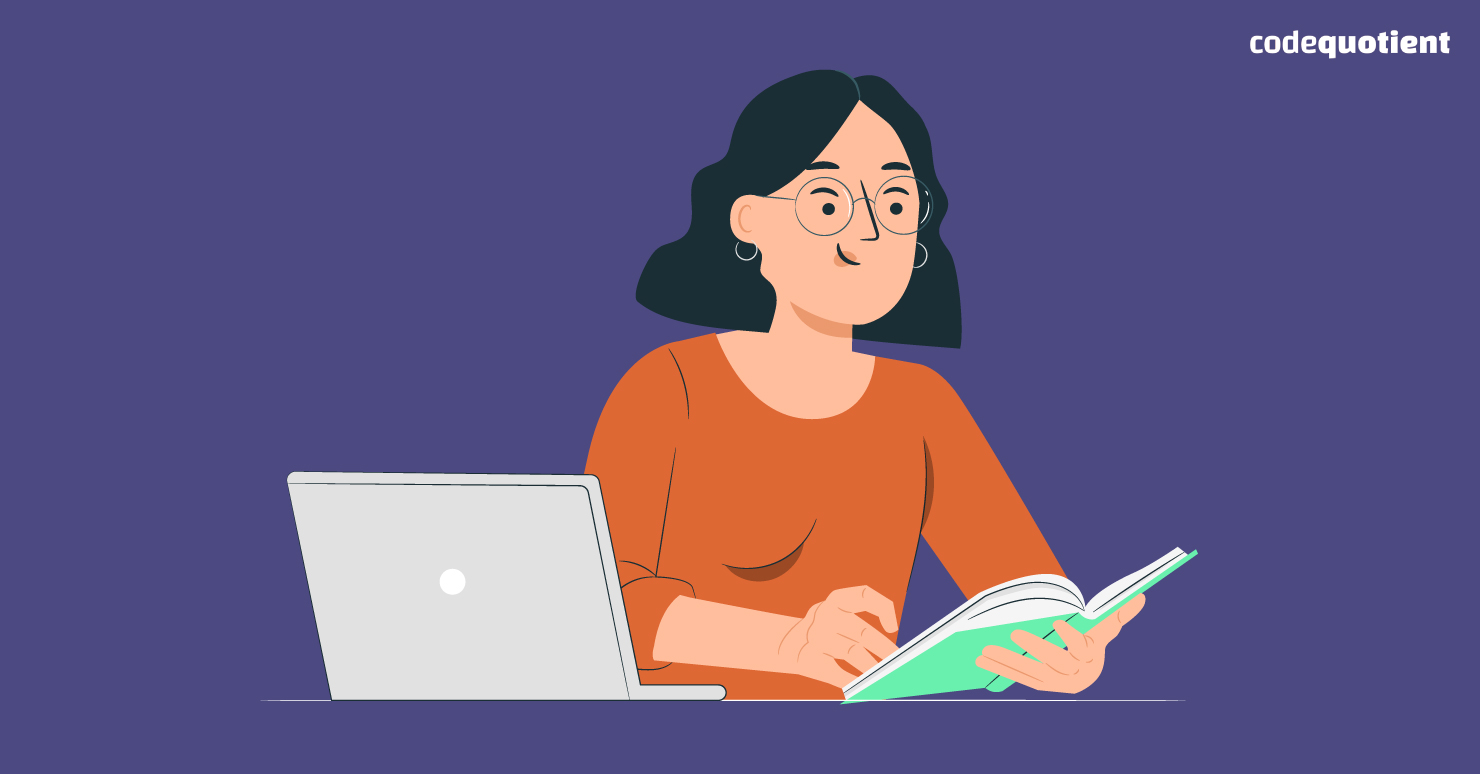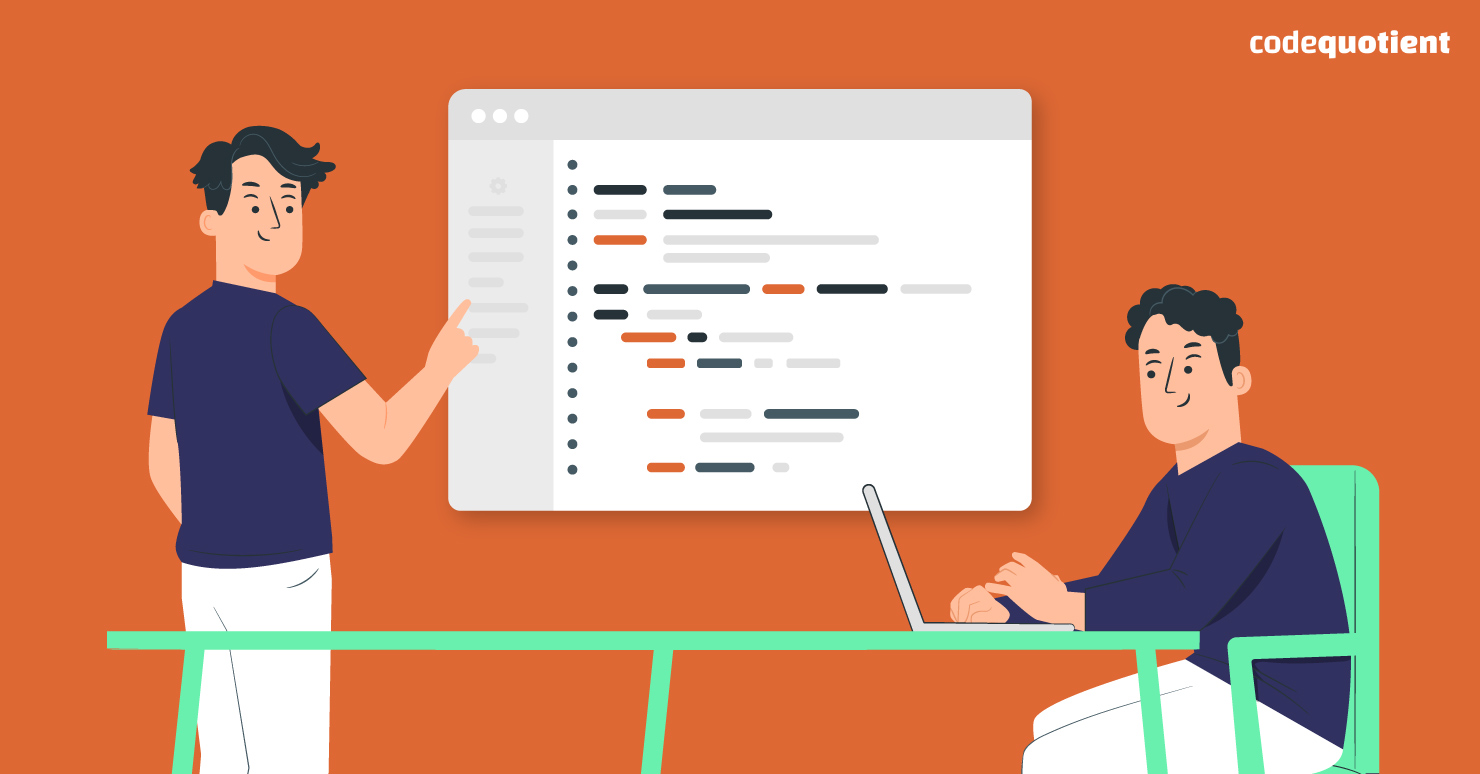Coding interviews can be quite stressful, especially when you are thinking of your future after college or looking to expand your portfolio. Being nervous about a coding interview does not necessarily mean that you don’t have polished coding skills. Many people face difficulty when they are under scrutiny and have to present their ideas to the interviewer. This article will share actionable tips with you to practise for coding interviews.
How to Practise Coding Interviews?

The following are some pointers to help you prepare for coding interviews and bag a position in your dream company.
1. Start Preparing in Advance
Interview tips may be useful for increasing your confidence but not for developing your programming skills (which will be tested in the initial rounds). To become better at coding and problem-solving, you need to start your preparation months before. That way, you get enough time to master the basics, practise actual coding and get a good grasp on problem-solving.
2. Revisit the Fundamentals
As computer science learners, you will often be quizzed about CS fundamentals during interviews, apart from programming. You should brush up on theoretical subjects but give more attention to topics like data structures and algorithms, database management systems, networking, etc. It is important to develop a deep understanding of these concepts.
3. Pick Your Programming Language
Although knowing multiple programming languages look good on resumes, it is important to ace at least one first. Choose a programming language that you are more familiar with and try to master it. You should practise writing clean and readable code, read up on trivia, and prepare for the standard interview questions in that language.
4. Practice Algorithm Questions
Practice and solve as many algorithmic questions as you can. Doing this will develop your problem-solving and logical reasoning, both of which are crucial to becoming a better programmer. Once you are good at designing algorithms, you can quickly convert them into code in any language.
5. Write Code on Paper
During the interview, interviewers often ask you to write the program on a piece of paper or a whiteboard. Because here, you don’t have the luxury of auto-completion, syntax highlighting, and debugging. So, practice writing code on paper to get comfortable and train your mind to recognise algorithmic patterns.
6. Take the Solution-First Approach
When asked, don’t jump in and start coding right away. First, figure out the solution to that problem and then write the algorithm. You can also draw flowcharts. Your code works only when you have a clear solution in your mind.
During the interview, you can also guide the interviewer through your thought process and explain your problem-solving approach. That way, you may get bonus points for clear thinking even if you can’t get the code right. You can also try to explore alternative solutions to one type of problem.
7. Do Mock Interviews
The most helpful way to prepare for coding interviews is to participate in mock interviews. It is natural to feel nervous during the interview despite being good at programming; you can practise with friends, teachers, mentors, seniors, etc., and get used to the feeling. Soon you will no longer feel as much pressure as you did before starting the exercise. There are many mock interview platforms online where you can participate in mock interviews and receive constructive feedback.
8. Get Specific in Your Preparation
If you have a dream company, try preparing for their interview process. Read about the company and interview experiences of the people to understand what type of questions you might face. If you know anyone from the company, reach out and get some interview tips. You should do this while preparing for both the preliminary aptitude tests and the interview.
6 Tips to Crack the Best MNCs
If you wish to land a job at an MNC, read the following tips to crack their interviews:
- Pay attention to every detail of the problem and clarify your doubts. You cannot write optimised code without understanding the problem first.
- When asked to explain your approach, don’t limit yourself to saying what your project does. Focus more on the coding, algorithm, how it works, problems you faced during development and how you solved them, etc.
- Write clean, readable code with meaningful variables and class names. Don’t use short forms. Learn and implement good coding practices from the beginning.
- Have a good resume but personalise it for each company before applying. Don’t forget to include a cover letter.
- It is likely that your recruiter will check your social presence before making a final call; thus, optimising your LinkedIn profile, for example, is a worthwhile investment. You can also look for different opportunities on other platforms to expand your options.
- Don’t lose hope if you fail in one interview. There is always another opportunity. Figure out where you went wrong and learn from your mistakes.
Here are some last-minute tips to prepare for your next coding interview.
Takeaway
Unlike your engineering exams, you cannot prepare and practise coding interviews the night before. You need to start your preparation months in advance by setting aside time daily for practice. You can ask your friends to join you and enjoy the healthy competition. Having peers to study with can help you overcome your weaknesses.
If you want to learn more about interview tips and tricks or specific company interview questions, you can head over to CodeQuotient’s Tech Interview resource section. If you feel you need extra help, enrol yourself in the free SuperCoders program and get guidance from experts and help in placement.




